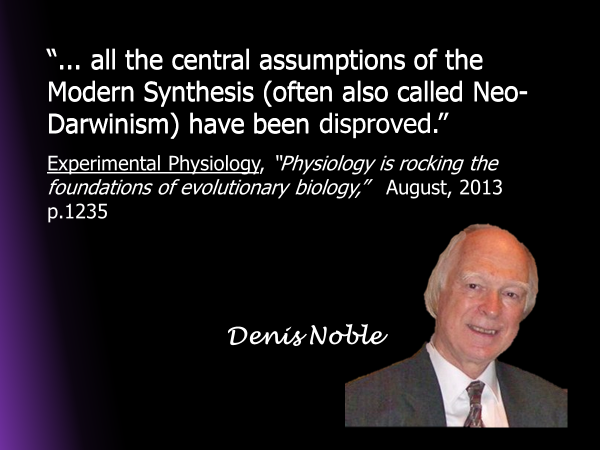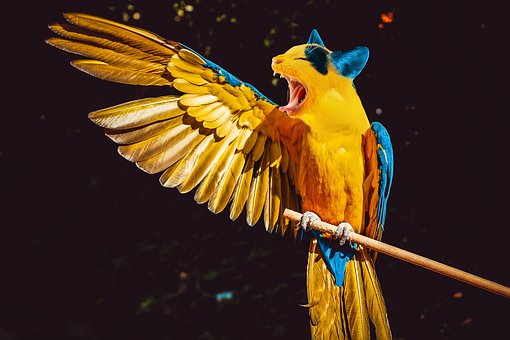Do Mutations Account for Evolution?
When Darwin proposed “survival of the fittest” as the mechanism for what makes evolution work, it was quickly adopted in science as a solid model. After all, humans select the parents of animals like chickens and dogs and horses to make different versions of chickens and dogs and horses, hopefully better ones! But the object or result was never a totally different animal, no matter how much selecting was done.
As time rolled on science eventually saw that there were no biological reasons in this view, called “Darwinism” by some, that would initiate major change. The model of nature simply made “fit animals,” but not different animals. “Mutations” has since been adopted, which is in essence “mistakes in copying the parental genes,” resulting in an offspring being different than its parents. This change (which is what “evolution” means) made better sense to scientists, as it more directly involved the genetic lineage of life.
However, this newer view, called “Neo-Darwinism,” has recently met some challenges of its own. Please note what Dr. Denis Noble of Oxford University, an evolutionist, has said to his colleagues:

The testable features of this “mutations-cause-evolution” model have failed in the laboratory. Dr. Noble is asking his colleagues for a better model; thus science does not yet have a workable model of a driving force for evolution that makes sense. Mutations alone cannot account for evolution, as they almost always result in damaged or handicapped offspring.
Furthermore, God has designed into His living systems boundaries, past which change cannot go. That is, we will never have twenty ton hummingbirds, or humans with purple skin and five arms. And we certainly won’t have these….

